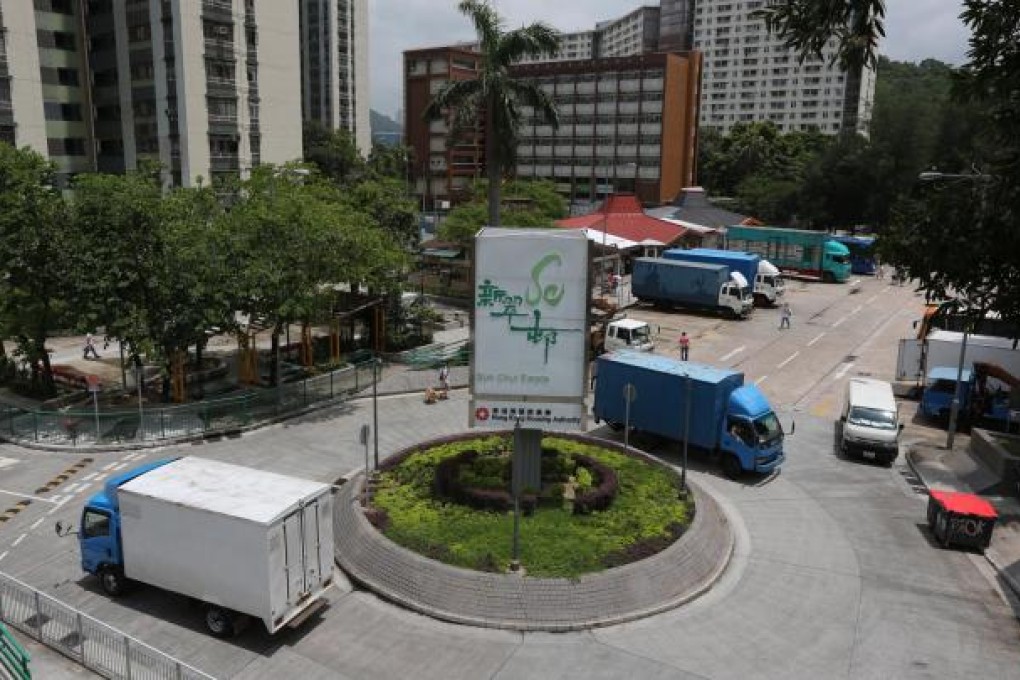
Your leader ("Don't lose sight of clean air", October 17) and Howard Winn ("Never mind the weight, what about the concentration?", October 12) complained that the government trumpeted the reduction in the weight of air emissions when we released the emissions inventory.
Your leader called on the chief executive to pay special attention to improving air quality. This he did loud and clear at his first address to Legco on Wednesday. The gist of Winn's comments was the reductions were insufficient to make much difference in public health terms because the concentration of emissions remains very high, especially at roadside.
I agree that Hong Kong's air quality remains poor. We will need some time to revamp policies and better target control measures to reduce emissions both in terms of quantity and concentration.
We will need the support of other government bureaus and departments, as well as the support of legislators and district councillors as some of the measures will require changing urban design and planning practices, traffic and congestion management, and even using financial disincentives.
On this occasion, the government should not be faulted for publishing its latest emissions inventory data for 2010, which is a necessary exercise because inventory data is vital for policymaking.
The updated inventory can now be used by air quality scientists and public health experts for in-depth study in addition to supporting us to develop a more effective air quality improvement plan.